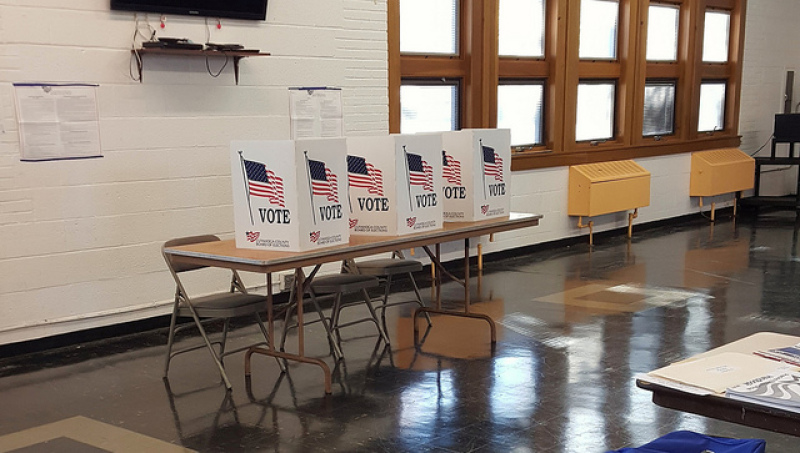
A new survey conducted by the Pew Research Center finds that being an atheist is a disadvantage for presidential candidates and that American adults are less likely to vote for a presidential candidate who doesn't express any belief in God.
This newest survey was conducted on January 7-14, 2016 with a national sample of 2,009 adults on landlines and cellphones to study the part religion plays in presidential campaigns.
In the 2008 campaign, presidential candidates seen as "somewhat" religious garnered more favorable views from voters.
The survey findings suggest that to many Americans, having a president who shares their religious convictions is an important factor. Accordingly, half of U.S. adults (51 percent) say that it is "very important" (27 percent) or "somewhat important (24 percent) to "have someone in the White House who shares their religious perspective." This belief is more commonly expressed among Republicans (64 percent) than Democrats (41 percent).
According to the newest survey, about half of U.S. adults (51%) claim that they would be less likely to vote for a presidential candidate who doesn't express belief in God. The survey found that being an atheist is more of a drawback than having used marijuana in the past (20%), having had personal financial struggles (41 percent), or having had an extramarital affair in the past (37 percent).
Generally, being seen as religious is an advantage for candidates as voters are more likely to see a religious candidate as a potentially good president. However, Donald Trump, the New York billionaire, serves as an exception, leading the Republican polls despite his being perceived as "not too religious" or "not at all religious" (47 percent).
On the other hand, Americans have generally become more secular with a rise in Americans claiming to not be affiliated to any religion (25 percent), a posture more common among Millennials.
The survey found that Americans are less reserved about voting for an atheist president than before, with just half of Americans (51 percent) expressing this view while 60 percent claimed so in 2007.
However, more than half of U.S. adults have consistently believed that religion is losing its influence on American life and consider it to be a negative trend.
The Pew Research Center is an independent research group that studies public opinion on various social issues in the U.S.


















